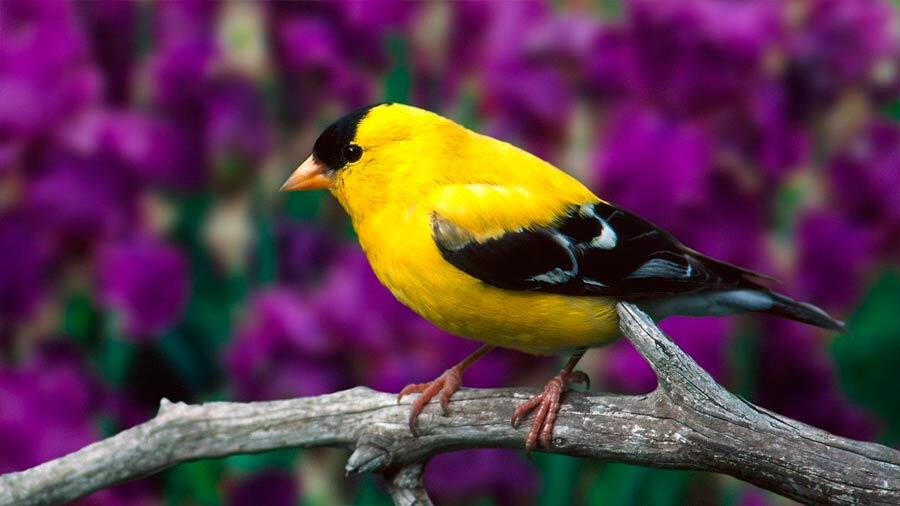More than 200 species of birds scattered throughout the major forests of the world would be threatened with extinction, although not listed in the Red List of Threatened Species of the International Union for Conservation of Nature (IUCN).
This was verified by a study published in the journal Science Advances who used remote sensing data to map recent changes in land use are reducing the habitat of 586 species of endemic birds of the Atlantic forest of Brazil, Mesoamerica, the tropical Andes, Sumatra , Madagascar and Southeast Asia.
After updating measures elevation and forest cover needed to ensure the conservation of these birds, the researchers classified the risk of extinction of species based on the definitions of “critically endangered”, “endangered” and “vulnerable” by the IUCN.
They found that while 51 percent of species assessed the matched some category, 43 percent fell under a category of higher threat to live in fragmented or highly degraded areas.
Of the species tested, 210 would be under accelerated extinction risk, while 189 should be classified as threatened due to the extent and rate of loss of habitat verified. Currently, only 108 species are on the Red List of threatened species.
According to biologist Natalie Ocampo-Peñuela, a researcher at the Nicholas School of the Environment at Duke University, USA, and lead author of the study, the results indicate the need to improve tools for assessing the vulnerability of these species to develop measures most appropriate and accurate conservation.
“Using our methods in the process of estimating the risk of extinction by IUCN allow regular and more accurate assessments of the habitat where these species live, facilitating the identification of those that degrade too fast,” he added.
“Birds are able to act as spokespersons for other species,” says Luciano Lima SciDev.Net, technical coordinator of the Butantan Bird Observatory, Brazil Institute, and researcher of the Brazilian Ornithological Records Committee. “It is likely that the situation presented in the study extends to other animal groups in the same regions,” he said.
In the general context of the recently published works no improvement in biodiversity crisis, suggesting that the actions taken are still far from ensuring the conservation of the global environment, he added.











